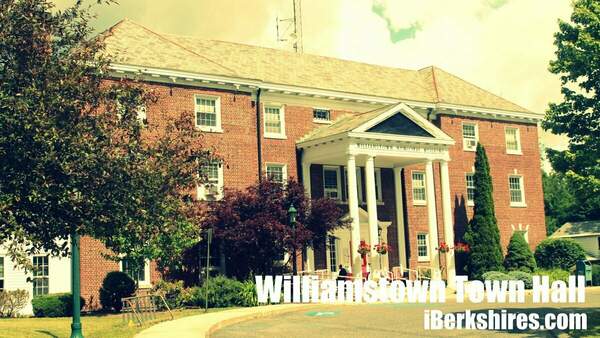Guest Column: Mount Greylock Budget Cuts Would Be Catastrophic
 |
To the Editor:
A joint meeting of the Mount Greylock Regional School District School Committee and Finance Subcommittee was held on Wednesday, Feb. 11, to address the regional budget for the 2015-2016 year.
Former member of the School Committee, David Langston, attended the meeting and spoke during the open session. He strongly urged the School Committee to advocate for the budget that best serves the students and let town officials respond to the finances. He directly referenced the town reserves in Lanesborough.
Echoing his comments, interim Superintendent Gordon L. Noseworthy encouraged the school community to look at the big picture - not simply where each cut brings the bottom line but what the impact ultimately is on the whole school. What will this school look like as each level of cuts carves away at the program?
School Council Chairwoman Dawn Schoorlemmer expressed her serious concerns on behalf of all Mount Greylock parents urging community involvement and attendance at all meetings focusing on the school budget.
Principal Mary MacDonald reviewed the impact of cuts to Mount Greylock. Fixed costs, which include items such as faculty and bus contractual agreements, an unprecedented 15 percent increase in health insurance, special education tuitions and transportation, utilities and the capital debt, add up to an increase of 8.7 percent tothe operating budget. This means that the school is at level service with no growth toward maintaining excellence.
Principal MacDonald had proposed additions to the budget that would enhance the program but at a further 2 percent increase, they were ultimately dismissed.
To provide a snapshot of what Mount Greylock would look like at diminishing levels of revenue, further reductions were proposed in phases. To bring the budget in at a 4.5 percent increase to the operational budget over the current fiscal year would require the elimination of a planned teacher replacement each in science and English; technology hardware; co-curricular activities including athletics; texts and software; professional development; re-accreditation by the NEASC, and administrative costs.
This increase of 4.5 percent in the operational budget would result in an increase in town assessments of 10.54 percent to Lanesborough and 11.26 percent to Williamstown over FY15.
Since Lanesborough town officials had requested a 1 percent increase to their assessment, the committee asked the administration to present details of how that would impact the budget. In that scenario, there would be no purchase of textbooks and supplies; no professional development, no sports or after-school programs and the elimination of five members of staff. Late buses are gone and the library is closed two days a week.
Such cuts would be "devastating and not sustainable" and with the limits of revenue there would be longstanding effects to the school through future years. A 1.28 percent increase to the town assessment in Lanesborough would actually reflect at 1.63 percent decrease to the school's operating budget from FY 2015 levels.
During discussion, new member Steve Miller suggested that the committee explore setting up a special fund to offset budget constraints.
After further deliberation the Finance Subcommittee unanimously voted to present a preliminary operating budget at the 4.5 percent increase. (The School Committee did not have a quorum.) At this plateau, the additional costs to the towns above 2015 are $276,684 for Lanesborough and $531,988 for Williamstown.
Potential for the Miller suggestion would then help to restore cuts toward the 8.7 percent needed for level service.
Gordon L. Noseworthy, Ed.D.
Interim Superintendent of Schools
Mount Greylock Regional School District
Tags: fiscal 2016, MGRHS, school budget,















